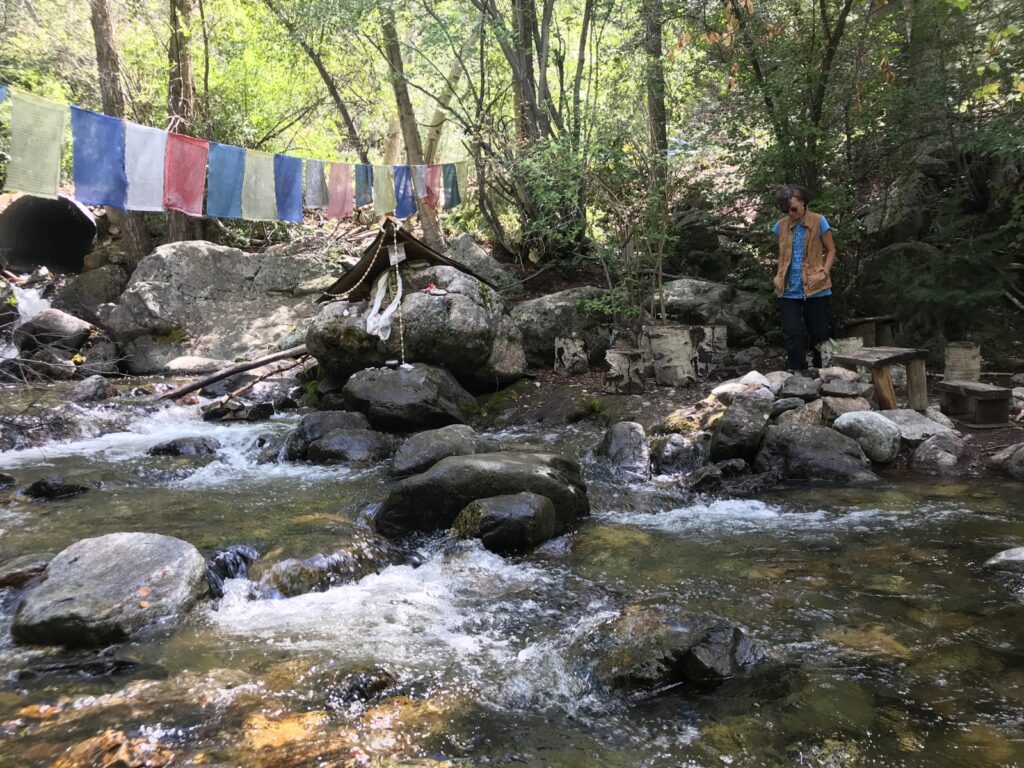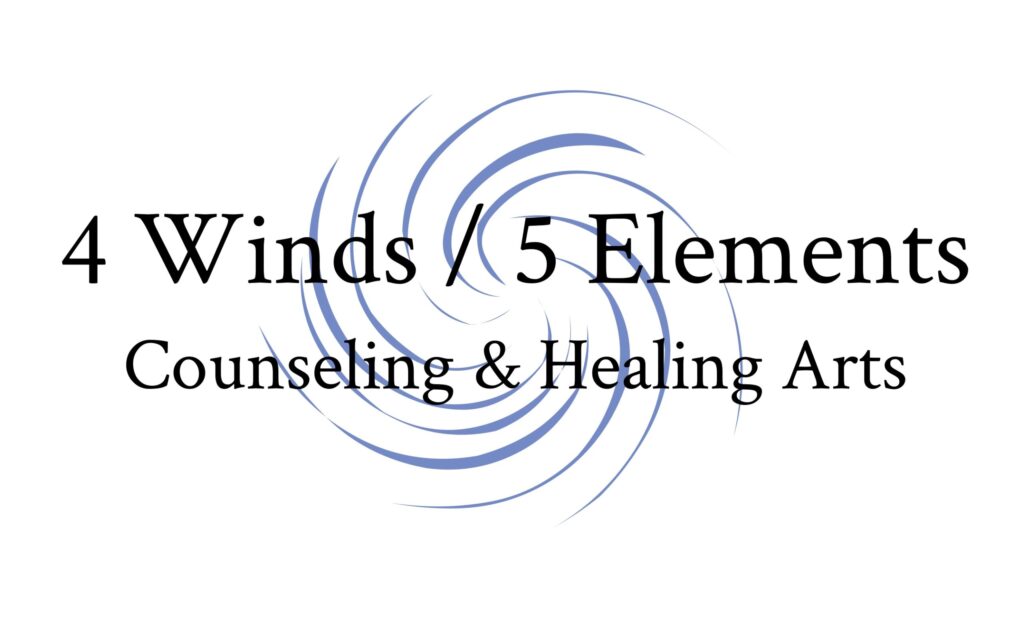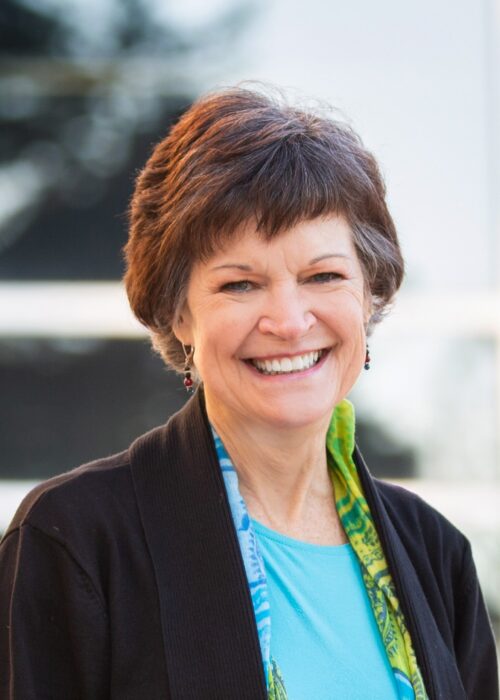Winter 2022 - Affiliate Spotlight
4 Winds/5 Elements Counseling & Healing Arts
Janet Reichart, LCSW
Not too many years ago, if you told me I would be working as a therapist in my own practice, I would have expressed doubt, with conviction. Life is funny that way. I am a bit of a late bloomer, taking 39 years to complete an undergraduate degree in social work in 2015. I returned to school as an older adult, with a desire to finally finish something that had meaning. I chose social work because our ecological perspective considers not only a possible mental health diagnosis or symptoms of emotional distress.
Social workers are trained to expand our perspective, including factors that may be occurring in the environment that may be contributing to that diagnosis, or those symptoms, and support clients to empower themselves to access solutions to sustainable healing for the rest of their lives. Social workers are ethically bound to social justice and to practices that ensure support of people who are vulnerable, and these ethical values resonated with me.
I chose to continue my education, earning my MSW and my LSW license in 2016 in order to work in hospice care, supporting patients and their families through the myriad ways grief and loss present and disrupt lives. Knowing that the nurses and physicians on the hospice team would work to ensure comfort through the physical aspects of dying, I saw my role as the "trusted stranger," someone who could help a patient and family navigate the parts of dying that require saying goodbye. We are far more complicated than just our bodies, and I felt driven to act as an advocate for those emotional, spiritual, heart and soul parts.
I loved my hospice work, but in time I saw how the medical model forces caseloads that are so high, and I could not serve our patient's emotional health needs in ways I felt professionally and personally bound to. I saw profound community behavioral health concerns that remained unaddressed, and over the past few years, the tide of people "just getting by until things get better" and the hopelessness that can accompany transitions appeared to reach tsunami levels.

In 2019, after completing the rigorous requirements needed to add the "clinical" piece to an LCSW (Licensed Clinical Social Worker), I made the decision to seek part time hospice work and open a part time counseling practice. I wanted to support adults experiencing life's transitions, helping them to become empowered with tools and healing that would help ensure a richness in living that they may have doubted. I wanted to empower people to feel part of something meaningful again. To that end, I am also and End of Life Doula, and a Reiki Master, offering energy healing work to those who desire a different level of care.


I've never been known for a keen sense of timing, so opening my doors on March 4, 2020, just days before a mandated period of quarantine, may have been predicted by a few people who know and love me well! Still, it worked. Hospice taught me that none of us has promise of tomorrow. I would rather take a risk than die with regret, so I jumped, and in January, 2021, I left hospice and concentrated on a full time therapy practice.
Initially I focused on serving adults experiencing grief and loss, anxiety, and depression. It took little time for me to recognize that many of the issues clients brought with them were rooted in trauma. We often minimize trauma as a coping skill, yet even "small t trauma" touches our soul and changes us, often limiting how we are able to wholeheartedly engage with our corner of the world.
Today I believe deep healing of trauma and normalizing journeys in grief often inform sustainable healing. I engage in a number of healing interventions, including EMDR once clients feel safe and our therapeutic relationship fosters trust. I often reach back to my hospice roots, supporting clients who may not yet have the words needed to describe deep grief or pain, by encouraging rituals that may bring meaning. Becoming mindful while doing small gestures that bring connection can bring a sense of ease. Lighting a candle while thinking of someone who is no longer present, or a future that is no longer possible; brewing a cup of tea and remembering how it was to share time around a table; walking slowly while allowing memories; all these ordinary things can be healing rituals when words fail.
I am deeply grateful for the clients who honor me by seeking care. I am humbled by their desire to engage in hard work, and I am inspired, and at times struck with an awe that brings tears when I bear witness to their insights and healing. Today, I cannot imagine doing anything different.



